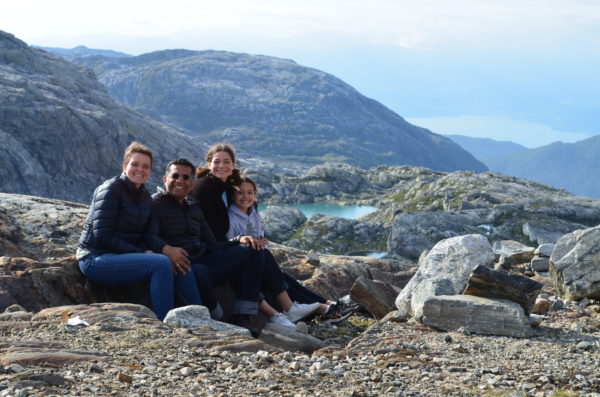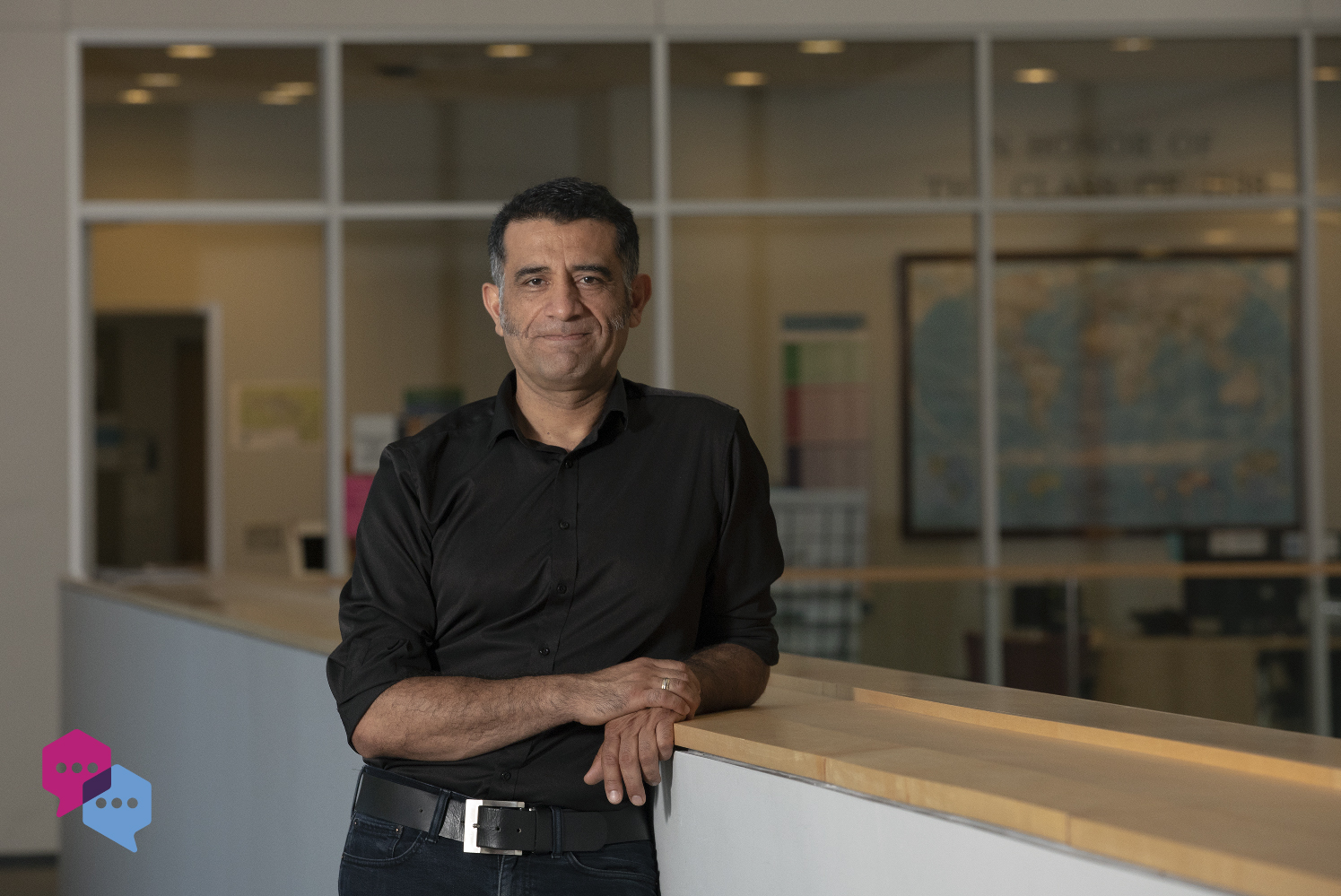Original post: https://endeavors.unc.edu/juan-carlos-gonzalez-espitia/
Juan Carlos González Espitia
Juan Carlos González Espitia is an associate professor of Spanish in the Department of Romance Studies within the UNC College of Arts & Sciences. In his historical study of syphilis in the Spanish-speaking world, he explores the ways the disease affects private and public life, literature, the arts, medical discourse, politics, and public policy.
Q: When you were a child, what was your response to this question: “What do you want to be when you grow up?”
A: This is a very difficult question. I don’t even know now what I want to be if I grow up! When I was young, I wanted to be a nuclear astrophysicist. I suppose that daydreaming, the news about the NASA space program, the fact that Steve Austin — “The Six Million Dollar Man” — had been an astronaut before his accident, and my knack for remembering all the trivia about space exploration played a role in my profession never-to-be.
Q: Share the pivotal moment in your life that helped you choose your field of study.
A: I thought of becoming a lawyer, a priest, a military officer, and a farmer. I received a bachelor’s in philosophy from one university and a bachelor’s in social communication and journalism from another. I did a radio program. I became a book editor in a publishing house while pursuing my master’s in analysis of political, economic, and international contemporary problems.
I loved everything I did, but something was missing. I was not getting any younger and I could not continue studying indefinitely. When Betty Osorio, a professor at the Universidad de los Andes in Bogotá, told me that I should study literature I was briefly skeptical. Then it was perfectly clear — that was what I had been doing all along and what I wanted to keep doing. The perk? I can continue studying indefinitely, even when I am not getting any younger.

González Espitia traveled to the Folgefonna glacier in Norway with his wife Birgitte (left) and his two daughters, Maya and Alba.
Q: Tell us about a time you encountered a tricky problem. How did you handle it and what did you learn from it?
A: In the Department of Romance Studies, we are proud to have housed three scholarly publications — Romance Notes, Hispanófila, and the NCSRLL Book Series — for over half a century. Nevertheless, history and tradition can make us rigid, oblivious to possibility, and unaware of our mistakes. While we were clearly successful in our standing in the field, the outdated way we were publishing was putting us at risk of becoming unsustainable. With the support of our incredible departmental administrative team we engaged in a thorough and successful process of modernization at all levels. We continue being touchstones in our field, proven by time and quality, but we are thriving only because of change.
Q: Research in 5 words.
A: “Syphilis teaches us a lot.”
Q: What are your passions outside of research?
A: I love cooking, although I am not that good at it. There is something very special about the whole process: putting different things into play, getting a rapid result, experimenting and having your friends and family as guinea pigs. But I especially like the happiness of sharing meals around the table — there is nothing better than that. Cooking gives me perspective, reminding me that something as basic as eating can produce joy.

